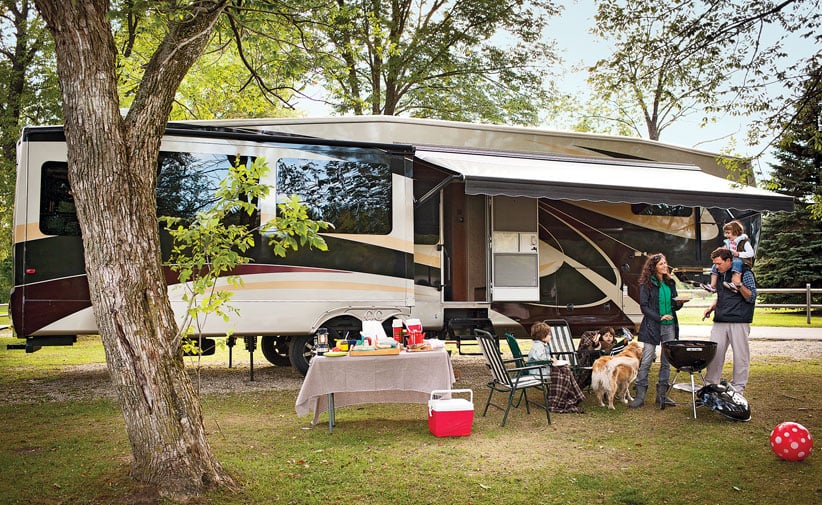A portable cottage
Young and old alike are embracing RVs as an affordable way to soak in the continent’s best sights while enjoying the comforts of home.
Advertisement
Young and old alike are embracing RVs as an affordable way to soak in the continent’s best sights while enjoying the comforts of home.

Share this article Share on Facebook Share on Twitter Share on Linkedin Share on Reddit Share on Email